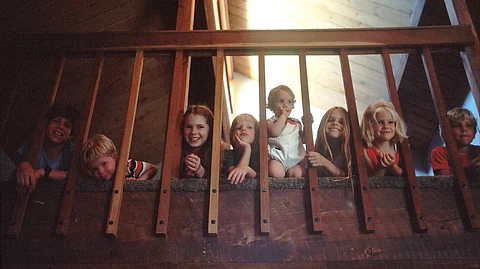“We found that the children looked for help from others around them when they were sad or angry. While that could be deemed positive, conflicts between parents and children often remained unresolved. But the children also described positive experiences of making up after a fight, and how the relationship could be repaired in a good way,” adds Karin Fängström, co-author of the study.
The researchers are now calling for the inclusion of children’s perspectives in future research on parenting and parenting support to better understand and support families. This would represent an important step towards improving parenting and family life. (KS/Newswise)


